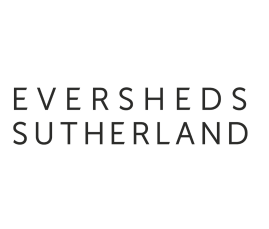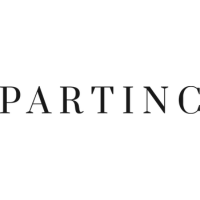Press Release
September 2024
Stockholm, September 19, 2024
The Government presented the Budget Bill for 2025 to the Riksdag today. The fight against inflation has been won, and the Government is now shifting the focus of its economic policy: from fighting inflation to investing to build a more prosperous and safer Sweden. The Budget Bill includes reforms totalling SEK 60 billion, excluding military support to Ukraine, and is based on an agreement between the Government and the Sweden Democrats.
“Since the Government took office, the overall task of economic policy has been to fight inflation. We have now won that fight. Going forward, the task will be to ensure that high inflation does not return, and at the same time to implement reforms and investments that build a more prosperous, safer and more secure Sweden for generations to come. This budget is an important step in that direction,” says Minister for Finance Elisabeth Svantesson.
Although the fight against inflation has been a success, challenges remain for the Swedish economy. Households, businesses and the welfare system have been hit hard by rising costs. At the same time, growth has stagnated and unemployment has risen. The Swedish economy also needs better conditions for growth in the long term.
To build a more prosperous Sweden, the Government is prioritising reforms in three main areas: strengthening household purchasing power, reinstating the work-first principle and increasing growth. A growing economy is an important prerequisite for Sweden to be able to afford to become a safer and more secure place to live.
Strengthen household purchasing power
Although inflation has decreased, it will take several years to restore household purchasing power. This is where policy needs to provide a boost. In the Bill, the Government continues to reduce the Swedish people’s tax burden through measures such as lower taxes on labour, pension, savings, enterprise and transport. The tax burden is expected to be at its lowest level since 1980.
Re-institute the work-first principle
The work-first principle is about opening doors rather than shackling people in social exclusion. Increasing the earned income tax credit is a key part of making it more worthwhile to work than to live on benefits. In its budget, the Government also takes aim at education, with measures such as enhanced support to individuals who are particularly detached from the labour market, increasing the number of places in vocational adult education and facilitating studies for people with disabilities. The Government is also investing in language training for parents born abroad who are at home with small children.
Increase growth
The Government’s growth agenda will focus on investments in research, infrastructure and electricity supply. This will build a more prosperous Sweden and help us implement the climate transition. In the budget, funds are set aside for historically large investments within the framework of the forthcoming infrastructure and research bills. The Government is also continuing its efforts to make it easier to operate a business in Sweden and is therefore taking measures aimed at remedying businesses’ skills shortage. The Government expects that the overall policy in the budget will result in reduced emissions and fulfilment of the Effort Sharing Regulation (ESR) commitments by 2030.
Make Sweden safer and more secure
Due to the international situation and war in our neighbourhood, and serious societal problems such as serious organised crime, we continue to need major investments in defence and the judicial system. In the budget, the Government continues its overhaul of criminal policy, specifically emphasising crime prevention and reinforcing the Swedish Police Authority and the Swedish Prison and Probation Service. Funds are also being set aside to strengthen defence in accordance with the Defence Commission’s decision.
A more secure Sweden also needs a reliable welfare system. The Government is therefore prioritising structural reforms for good and accessible care and a strong knowledge-based school system.
Photo credits:
Ninni Andersson/Regeringskansliet































